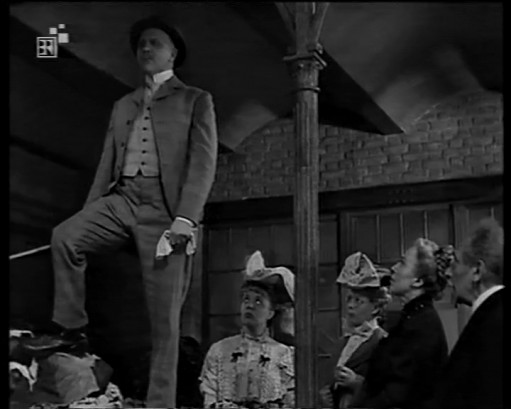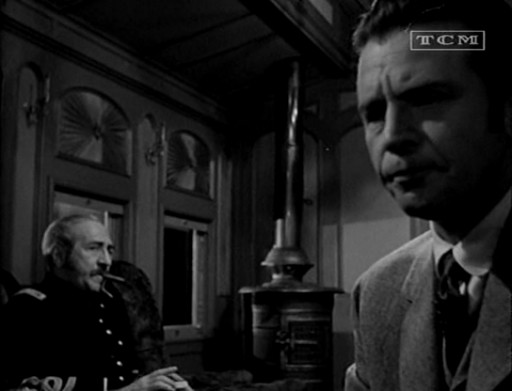“The myth-maker points to the past but speaks in the voice of future history; it is the collective voice of our ancestors, speaking through us, giving us a sense of continuity and destiny; it makes connections between those who have preceeded us, and those who will follow us. Absent those myths, we are cut adrift in a sea of pointless entertainments intended primarily to divert us from our own lives.
It is not the task or responsibility of television to teach your children, or babysit them, or take the place of conversation, or reinforce societal mores, or make you feel good about your neighborhood or your job or your prejudices or your sexual orientation or your odds for hair restoration.
When television took center stage in the world of collective and mass story storytelling, it took on the responsibilities of providing new myths, fictions that point the way toward tomorrow, that remind us that there will be a tomorrow, a better one or a poorer one depending on what we do right now, and that we can’t ever afford to lose sight of that. In short…to rekindle in hearts of millions a sense of wonder, about the world, the future and our place in that future.”
- J. Michael Straczynski, Approaching Babylon, (a 1995 essay about why he created Babylon 5)



